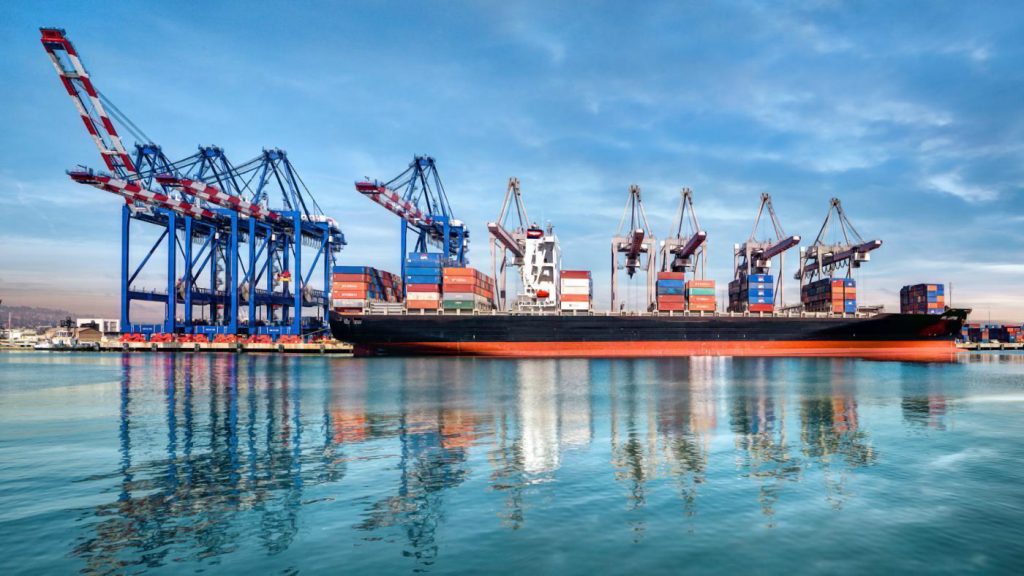When embarking on new courses to lead into maritime careers, the shipping industry has seen significant changes over the past decade. This change has been caused by technological advances, shifts in global trade patterns, and evolving regulatory and environmental standards. These factors have affected the types of jobs available, the skills required and the overall landscape of employment within the industry. The below gives a breakdown on how employment in the shipping industry has changed over the past ten years.
Technological Advancements
The integration of technology in the shipping industry has transformed many traditional roles. Automation and digitalisation have streamlined operations, leading to increased efficiency but also decreasing the need for certain manual jobs. For instance, automated cranes and cargo handling systems in ports have reduced the demand for dockworkers, while digital platforms have simplified logistics and freight management.
Conversely, the rise of technology has created new career opportunities in IT, data analysis and cybersecurity. The industry now requires professionals who can manage digital systems, analyse data for operational improvements and protect against cyber threats.
Shift in Skills Requirements
As the industry has become more technologically driven, there has been an expanding demand for a workforce with advanced technical skills. Maritime professionals are now expected to have expertise in areas such as navigation systems, engine diagnostics and environmental compliance. This shift has led to a heightened focus on training and development to equip workers with the necessary skills for modern shipping operations.
Environmental and Regulatory Changes
The past decade has seen an increased emphasis on environmental sustainability and regulatory compliance in the shipping sector. This has led to the creation of roles related to environmental management, such as sustainability officers and compliance specialists, who ensure that shipping operations meet international environmental standards and regulations.
The necessity for greener shipping practices has also prompted innovation in areas such as alternative fuels and energy-efficient technologies, creating employment in research and development.
Global Trade Dynamics
Changes in global trade patterns, including the impact of Brexit and shifts in international trade agreements, have affected employment in the shipping industry. While some sectors have faced challenges due to changing trade routes and tariffs, others have adjusted by exploring new markets and diversifying their services.
The demand for logistics and supply chain expertise has grown as companies navigate these changes, leading to an increased need for professionals in freight, customs and supply chain management.
Economic Fluctuations
Economic fluctuations over the past decade, including the aftermath of the global financial crisis and the COVID-19 pandemic, have impacted employment levels in the shipping industry. While periods of economic downturn have led to job losses and reduced hiring, recovery phases have seen a resurgence in demand for shipping services and related employment.
Employment in the shipping industry has changed hugely over the past decade, influenced by technological, environmental and economic factors. While some traditional roles have fallen away, new opportunities have arisen, requiring a workforce that is adaptable and skilled in modern technologies and practices. As the industry continues to embrace these changes, it remains a key part of the western economy, offering a range of career opportunities and contributing to economic growth.

Peyman Khosravani is a global blockchain and digital transformation expert with a passion for marketing, futuristic ideas, analytics insights, startup businesses, and effective communications. He has extensive experience in blockchain and DeFi projects and is committed to using technology to bring justice and fairness to society and promote freedom. Peyman has worked with international organizations to improve digital transformation strategies and data-gathering strategies that help identify customer touchpoints and sources of data that tell the story of what is happening. With his expertise in blockchain, digital transformation, marketing, analytics insights, startup businesses, and effective communications, Peyman is dedicated to helping businesses succeed in the digital age. He believes that technology can be used as a tool for positive change in the world.










